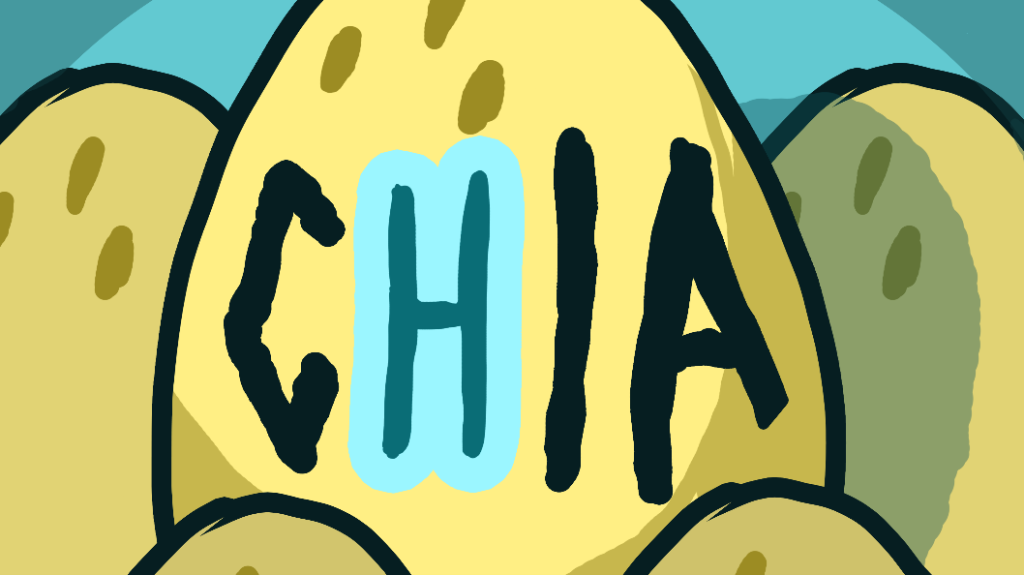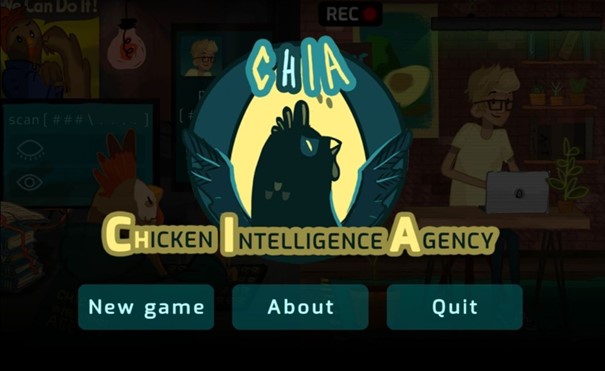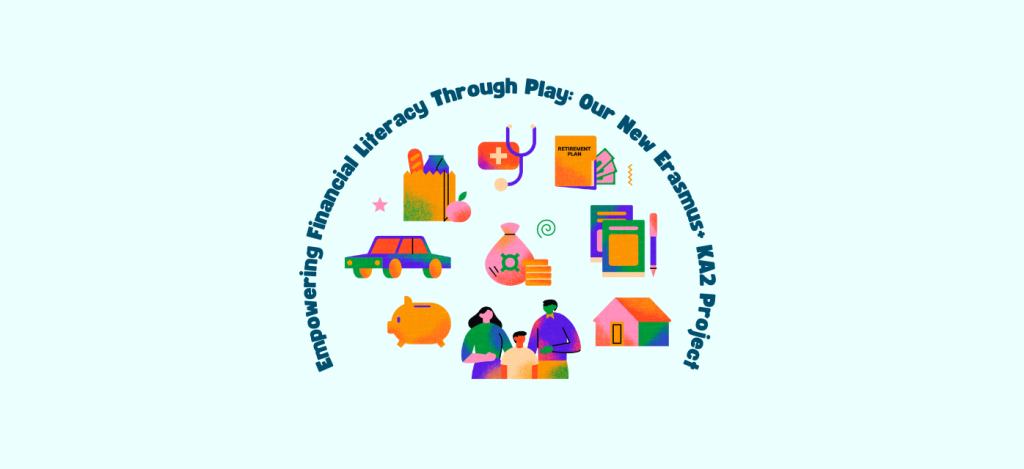Imagine living in a world where misleading information spreads at lightning speed. By tomorrow, a fake news story can go viral while the truth gets stuck in the algorithm. Sound familiar? In a world like this, critical thinking isn’t a luxury—it’s a survival skill.
Enter Ch.I.A., a mobile game we helped develop as part of the Erasmus+ program, which offers a playful yet thought-provoking response to this challenge. It not only entertains but also helps players navigate the digital media landscape, spot cognitive biases, and make better-informed decisions.
And here’s the twist: you are the chicken.
🐔 Welcome to the World of the Chicken Intelligence Agency
In the world of Ch.I.A., you play a secret agent—but not just any agent. You are a highly intelligent chicken working for the Chicken Intelligence Agency, an organization that has secretly guided human progress for centuries. Now it’s your turn to help a chosen human navigate the chaos of the information age—without them ever suspecting that a chicken is pulling the strings in the background. Oh, and ideally, without them developing a sudden urge to wipe out all chickens.
🐔 What is Ch.I.A., and Why Do We Need Games Like This?
Ch.I.A. is a narrative-driven mobile game that teaches critical thinking and media literacy—with a poultry twist. Your task is to filter and evaluate the media content your assigned human sees. You need to spot manipulation tactics, emotional influence, and logical fallacies. But beware: if you censor too much, your human might get suspicious. Let too much disinformation through, and you risk their well-being—and the chicken conspiracy.
Through gameplay, you’ll learn to:
- Recognize manipulation techniques in media
- Evaluate the credibility of sources
- Navigate ethical dilemmas in information filtering
- Understand how cognitive biases influence decision-making
All of this is wrapped in satirical humor and a one-of-a-kind storyline that makes the learning experience both entertaining and memorable.
🐔 How Does the Game Work?
Ch.I.A. unfolds over the course of seven days, and every choice you make matters:
- Get to know your human – map out their thought patterns and vulnerabilities
- Set content filters – decide which pieces of information reach them from the digital world
- Watch their reactions – each response helps you fine-tune your strategy
- Adapt and adjust – if you’re clever, you’ll maintain balance
- Survive the seven-day storm – and prevent your human from turning against the chickens!
The outcome is entirely up to you: from joyful enlightenment to full-blown paranoia, anything is possible. Can you stay in control—or will chaos take over?
🐔 Who’s Behind the Game? – Meet the Developers
Ch.I.A. was developed as part of the The Critical Gamer Erasmus+ KA220-YOU project, co-funded by the European Union. It’s the result of an international collaboration between three organizations from three different countries:
- Impact Games (Slovakia) – experts in educational game development, known for their innovative board and digital games.
- Fakescape (Czech Republic) – a youth-led organization that teaches media literacy and critical thinking through interactive gameplay.
- Enabler Ltd. (Hungary) – gamification specialists and developers of the Motimore platform, where Ch.I.A. will also be available in Hungarian. They also created the teacher’s guide for the game.
🐔 Coming Soon in Hungarian and in English (and other languages!) Already in April!
Ch.I.A. will soon be available in Hungarian, making it accessible to teachers, students, and youth organizations as a fun and easy-to-use tool to develop critical thinking skills.
The game will be completely free to download on the following platforms:
- Motimore.com, Gamifactory.eu
- Google Play / App Store
Don’t miss out on news, testing opportunities, and early access!
Follow us on Motimore.com or our partners’ platforms and be among the first to try out the game!
Project Identifier Number: 2023-1-SK02-KA220-YOU-000160710





